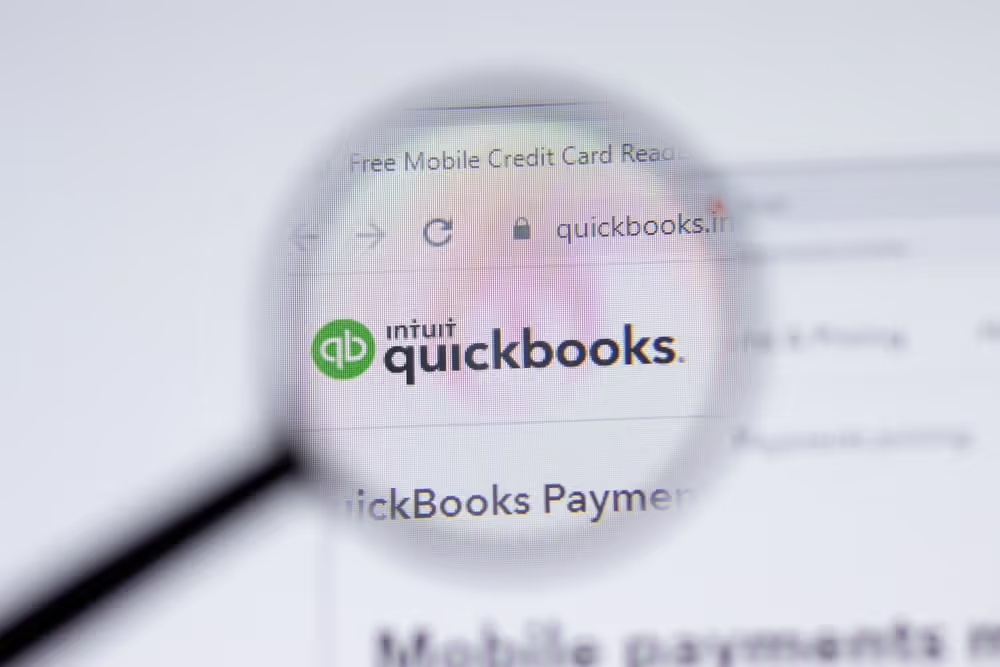IRS Settlement Eligibility: What You Need to Know Before Taking Action
If you’ve ever opened an IRS letter and felt your heart sink, you’re not alone. Thousands of people just like you face crushing tax debt and don’t know where to turn. Maybe you’ve been trying to figure it out yourself — losing sleep over how you’ll ever pay it back.
But here’s the truth: you may not have to pay the full amount the IRS says you owe. Yes, it’s possible to settle your IRS debt for less — but only if you qualify and know how to handle it the right way.
That’s where Demian & Company CPAs comes in. We’ve helped clients reduce their IRS debt by thousands — sometimes tens of thousands — and take back control of their lives. You don’t need to face the IRS alone. Before you take action, here’s what you need to know about IRS settlement eligibility — and how we can fight for you.
What Is an IRS Settlement — and Can You Really Settle for Less?
An IRS settlement is a way to reduce your tax debt legally. The most common settlement program is called an Offer in Compromise (OIC) — but it’s not the only option.
Here’s what most people don’t know: the IRS is willing to settle if they believe you cannot reasonably pay your full debt. But getting to a “yes” isn’t easy — you need to apply properly, with the right documentation, and make a compelling case.
Here are some options we help clients apply for:
- Offer in Compromise (OIC) — Settle for less if you can't afford to pay in full.
- Installment Agreement — Set up a monthly payment plan you can handle.
- Penalty Abatement — Get IRS penalties removed if you qualify.
- Currently Not Collectible (CNC) — Temporarily pause IRS collections if you’re facing hardship.
Real Client Story: We helped a business owner settle $72,000 of IRS debt for just $12,500 through an Offer in Compromise.
Your IRS Settlement Options — Which One Fits You?
1. Offer in Compromise (OIC) — Settle for Less
If you can't afford to pay the IRS in full without ruining your finances, OIC may let you settle for less.
You might qualify if:
- You can't pay the full debt without sacrificing basic living expenses.
- Your income and assets are limited compared to what you owe.
We’ve secured OICs for clients who thought they'd never escape IRS debt — because we know how to build a strong case.
2. Installment Agreement — Affordable Payment Plan
If you can’t pay now but could over time, a monthly payment plan (Installment Agreement) might be the answer.
You might qualify if:
- You owe less than $50,000 and need time to pay.
- You can afford smaller monthly payments.
We negotiate terms that actually fit your budget — not what the IRS "thinks" you should pay.
3. Penalty Abatement — Eliminate Unnecessary Penalties
If you’ve racked up penalties for filing or paying late, you may qualify for penalty relief.
You might qualify if:
- This is your first offense.
- You had a valid reason for falling behind (like illness or natural disaster).
We helped a client eliminate $9,000 in penalties in under 60 days.
4. Currently Not Collectible (CNC) — Pause IRS Collections
If you can’t pay anything right now, we can help you apply for CNC status to stop the IRS from coming after your wages, bank accounts, or assets — at least temporarily.
You might qualify if:
- You have no income left after basic living expenses.
- You’re facing financial crisis (job loss, illness, etc.).
We’ve stopped wage garnishments in as little as 24 hours by securing CNC status for clients.
Are You Eligible? Here’s What the IRS Looks For — And How We Make It Work for You
Before the IRS agrees to any settlement, they look at everything:
- Your total debt and tax type (income, payroll, penalties).
- Your income vs. expenses — what you can truly afford.
- Assets — including bank accounts, property, retirement funds.
- Compliance — you must have filed all past tax returns.
Don’t worry — we’ll handle all this for you, including catching up on missing filings and putting together the documentation that gets results.
The 5 Big Mistakes That Get IRS Settlements Denied — And How We Protect You
1. Applying for the Wrong Program
Choosing the wrong settlement path wastes time and gets denied.
We analyze your case and pick the right strategy — no wasted effort.
2. Filing Incomplete or Incorrect Paperwork
Even a small error can get you rejected.
We handle every form and document — you won’t lift a finger.
3. Failing to Stay Compliant
If you haven't filed all past returns, the IRS will deny your offer on the spot.
We make sure you’re fully compliant before applying.
4. Underreporting Income or Assets
The IRS will find out if you hide anything.
We’ll report everything accurately while still protecting your best interests.
5. Trying to Negotiate with the IRS Alone
The IRS is trained to protect their interests — you need someone to protect yours.
We know what to say (and what not to say) — and we negotiate for you.
Why Work with Demian & Associates CPAs — The Team That Fights for You
You wouldn’t go to court without a lawyer — don’t face the IRS without a pro on your side. Here’s how we help:
What We Do for You:
- Step 1: Free case review — Find out if you qualify.
- Step 2: Gather and file all required documents — Done-for-you paperwork.
- Step 3: Negotiate directly with the IRS — You never have to call them.
- Step 4: Keep you compliant to avoid future trouble.
- Step 5: Support you through every step until it’s resolved.
Client Win: We negotiated a $65,000 tax bill down to less than $10,000 — because we knew how to present it right.
Don’t Wait — The IRS Won’t. Take Action Now.
If you’re sitting on an IRS letter, don’t ignore it. The longer you wait, the harder it is to fix — and the more you’ll owe in penalties and interest.
Let Demian & Company CPAs take over:
- Lower or settle your debt — legally.
- Stop IRS harassment.
- Get peace of mind knowing pros are fighting for you.
Contact us now or book a free consultation — before the IRS takes action.
%20(1).avif)
Peter Demian is a highly-rated CPA specializing in accounting and tax services for individuals and businesses across 49 states. He offers expertise in tax strategies and assistance with IRS settlements.


.svg)





